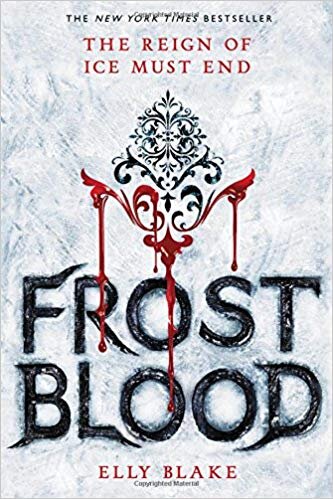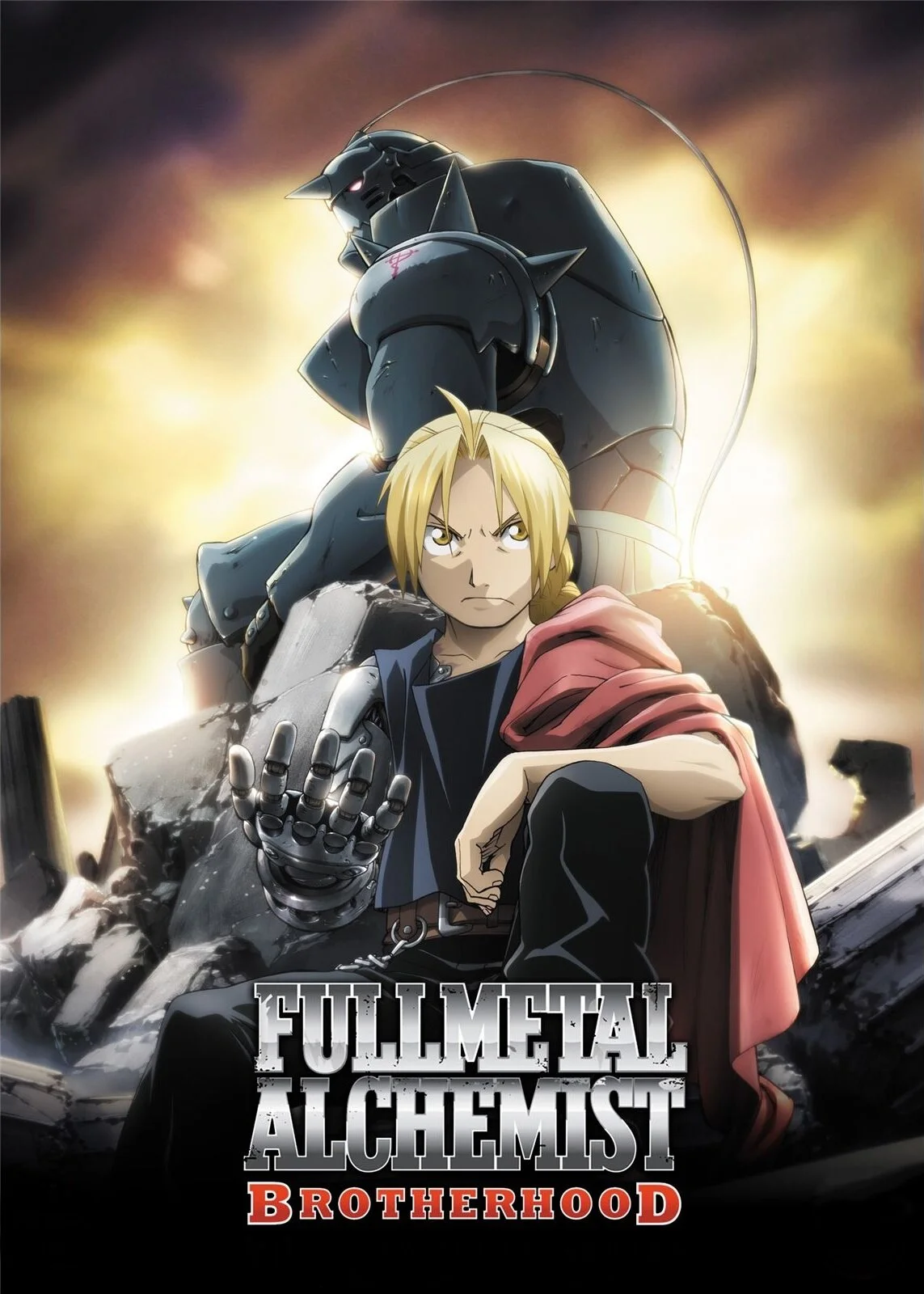Writing A Hard Magic System
Watch our companion video! Read along while we discuss the fundaments of Hard Magic systems!
Fantasy is my favorite subject so I’m always looking for ways I can offer any bit of advice to Christian fantasy authors. Most of the articles here on The Rebel Christian can benefit secular authors too, but if you are an author of faith, I hope you take the time to read my other posts on Christian fiction/fantasy.
Today I want to talk about magic systems. If you know anything about fantasy, then you may have heard the terms Hard Magic System and Soft Magic System before. You can find magical elements in other genres, but I think its safe to say this theme has been perfected by fantasy authors.
For those who are unfamiliar with the terms, a Hard Magic System is one with definitive rules and limitations on how magic can or cannot be used, as well as consequences for the use—or abuse—of magic in that fictional world. In contrast, a Soft Magic System typically has vague and unclear rules/limitations—if any at all.
This article is going to focus on writing Hard Magic Systems but don’t worry, if you want to brush up on its counterpart system, I’ll be continuing this discussion for the next few posts. Use the form below to subscribe to my newsletter so you’ll be notified when my blog is updated.
To keep things moving quickly, I’m going to shorten Hard Magic System to HMS, Soft Magic System to SMS, and Magic System to MS in this article. Keep that in mind so you don’t get confused while reading.
There is a lot of debate on which MS works best in fiction; the more your story is immersed in magic, the more you’ll need to learn about magic systems to make a decision on which system you want to use in your writing.
There are great examples of hard and soft magic systems in fantasy; Game of Thrones is one of my favorite epic series and it features a relatively soft MS. While GOT did have dragons and ice zombies and giants, the MS itself had no clear rules, limitations, or consequences for magic.
On the other hand, Frostblood by Elly Blake has a HMS; protagonist, Ruby, is a Fireblood who can use magic to manipulate and control fire while Frostbloods use magic to manipulate and control ice. It’s a very self-explanatory MS but it classifies as hard because the rules and limitations for magic users are very clear.
Rules:
Magic exists only in the form of fire or ice. Now, you can argue other forms of magic may exist according to prophecies and legends detailed within the story, but for the purposes of this article, I’m going to stick to the basic plotline of the novel.
Limitations:
Firebloods can only use fire magic. Frostbloods can only use ice magic. The two opposing forms of magic are weak to each other.
These are two very different stories with different types of magic systems and different levels of immersion as well. GOT has a SMS but it is very heavily immersed in magical themes and elements. The entire history of the fictional world in GOT is written around some form of magic. Whether it’s dragon-riders from a noble bloodline or mysterious assassins using dark arts to change their faces, GOT weaves magic into the culture, religion, and history of its fictional world. Meanwhile, Frostblood features a HMS with a protagonist who is a magic user, but her world is not as immersive as that of GOT. Magic paves the way for some political struggles but, other than a few key action sequences, you might have been able to tell this same story without including any magic at all.
The point I’m trying to emphasize is that a book’s magical immersion is not what determines whether a MS is hard or soft. It is the rules, limitations, and consequences of magic users.
A story can be good no matter which MS it takes on, what really makes a difference to readers is how well you use magic to solve conflicts within your story.
Think of Star Wars and its use of the force. In the most recent Star Wars movies protagonist, Rey, sometimes uses the force to get herself out of sticky situations. This might be entertaining to audiences, but it can also cause confusion. In some scenes throughout the saga we see Rey struggling with her training as she tries to master the force, unable to move even a small rock. But at other times, most often when she is backed into a corner, Rey can use the force to mind control and manipulate others and change the flow of battle in an instant.
We can argue that this is actually a problem of continuity with the screenwriters and not an issue with the MS of Star Wars as a whole, but what I’m getting at is there are times when a MS can be integral to a story or it can simply be a convenience to the story.
With a HMS you have clear rules and limitations which help prevent the magic from seeming convenient to readers. When your character is out of options and facing an incredibly strong opponent, it feels very dissatisfying to have everything boil down to the force simply working when you need it to. This is why a HMS applies a rigid set of rules to guard against convenience.
Let’s look at the popular anime, Full Metal Alchemist: Brotherhood, a personal favorite of mine that’s been featured in other articles here at TRC. FMAB features one of the toughest HMS I’ve come across. The rules aren’t very complex at all, but the system is classified as hard because of how strict they are and how they are meticulously applied—there are no loopholes in the MS of FMAB.
The basic rule of thumb in this show is the law of equivalent exchange which says that magic users, known as Alchemists, cannot create something out of nothing. If you use Alchemy to gain something, another thing of equal value must be taken in exchange. It is this rule that lays the foundation for the show as brothers, Edward and Alphonse Elric, use Alchemy to bring their dead mother back to life.
Creating life is forbidden in alchemy, toss in the law of equivalent exchange and you have the makings of a horror story. Instead of bringing back their loving mother, Ed and Al create a grotesque beast and have their physical bodies destroyed as well. Alphonse walks the earth as an empty suit of armor and Ed gets a fake arm and leg to replace his missing limbs. The rest of the story is about them getting their bodies back while staying within the limits of alchemy.
Do you see the limitations and rules in FMAB? Because Alchemy must always be used as an exchange, it leaves very little room for convenience; every action and every transmutation, that is, the use of Alchemy, is explained or justified throughout the story. There is even a scene where Ed is trapped in a realm filled with blood; when he is faced with an enemy, he creates a weapon by using alchemy to forge a blade from the blood—because blood contains iron.
Watching the show, you are never given the sense that Ed is able to do something simply because he can. You never feel as if he cheated death or defeated his enemies by sheer willpower or luck. Alchemy has a system in place that justifies its every use and application but still leaves you on your toes.
Another example of a HMS is Avatar: The Last Airbender. Another honorable mention here at TRC, ATLA features a MS that is not as hard as FMAB but still has a set of boundaries and limitations that make its use and application clear to audiences.
The story centers on magic users called Benders who can control and manipulate a single element at their will. There are only 4 elements, so there are only 4 types of benders with the exception of the Avatar who can use all 4 elements.
The rules in this MS are simple but clear and defined. We know right away that Katara, the water bender, is limited to only water bending so we never expect her to suddenly strike someone with a bolt of lightning. While Katara is able to explore different levels of water bending, such as bending water from thin air, manipulating steam and sweat, and even bending blood, she never breaks the rules of the MS by exploring other elements.
Now, having strict rules is not the only way you can incorporate limitations into a MS whether it is hard or soft. I mentioned earlier that Katara could manipulate other forms of water, this can also be considered a limitation, but it is one that denotes character growth. Katara cannot simply pull water from thin air because she is a water bender, she can use this skill because she is a very strong water bender, in the same way that the dragons from GOT could not breath fire the moment they were born but could do so after a few months of growth.
Character growth can be a strong limiter in magic systems and a gateway to all sorts of development within the plot as well as the cast. This concept applies to both hard and soft magic systems, so I’ll take a closer look at it in my next article. *cough* *cough* Subscribe below for notifications.
Since I’ve gone beyond my usual word limit, I’ll leave you with this; HMS and SMS both have their place and their own pros and cons. Neither system is better than the other; what truly determines their success is how they are set up and used in your story. Think about how immersive you want your novel to be, think about character growth and development and how your MS will impact—or be impacted by—it.
The biggest difference between hard and soft MS is that readers know what characters are capable of. In a HMS like Avatar, you know that Katara is a water bender and cannot ever use fire bending. There is little to no room left for convenience in a HMS. In contrast, a SMS like that of GOT leaves gaping holes for readers to fall into and convenience to be pulled out of. Need a “fake king” taken out the picture? Summon shadow magic to assassinate him in the night and then wonder why that same magic can’t help an army win a single battle in the future. Did your favorite commander of the Night’s Watch get stabbed to death? Magic can bring him back—don’t know how? Neither do we!
Having rules in a MS does not mean users are limited to the point of oppression, or that consequences for breaking these rules are gruesome and cruel. HMS simply make it clear to readers what is and what isn’t possible with magic in your world, but it still leaves plenty of room for creativity and even spontaneity.
I am far from done with this topic. I want to explore Soft Magic Systems too, so I’ll be updating the blog soon!—article now available! Click the title to read now! Keep an eye out for my next post or use the form below to subscribe and be notified through my newsletter. Christian authors, I haven’t forgotten about you; if you learned anything from this post then stay tuned, I have an article planned for Writing Christian Magic Systems—now available!—but don’t forget to check out my other posts on Worldbuilding Christian Fantasy and How to Write Christian Fantasy.
Thanks so much for reading, God bless!








